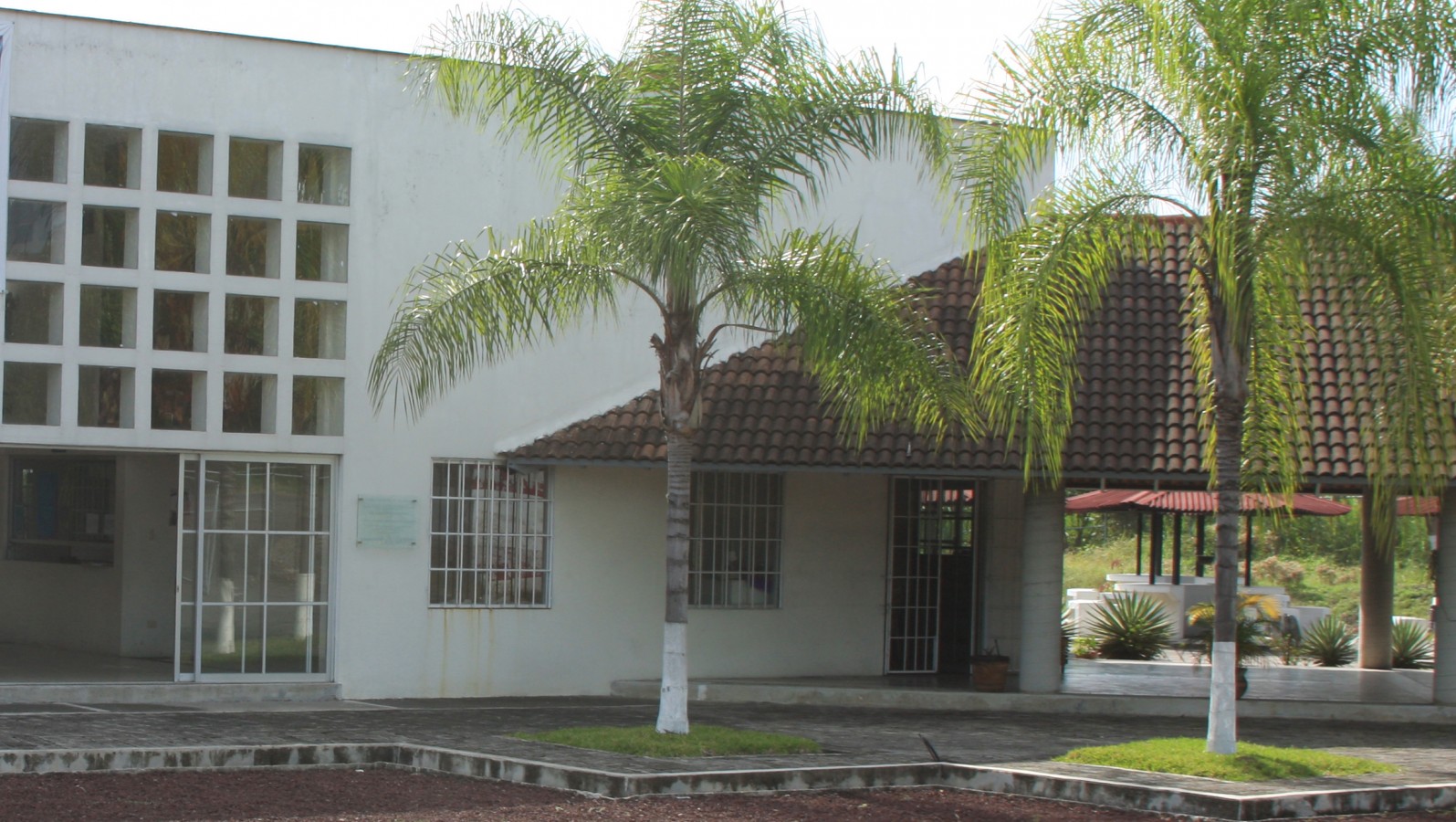Museo Regional de Palmillas
The history of the Valley of Córdoba from the fifth century BC to the viceregal period. Highlights include an important statue of Tonatiuh and an interesting musical instrument collection. It also tells the story of the slave trade and the rebellion led by Gaspar Yanga, the undefeated leader who succeeded in founding the continent’s first settlement free from slavery in 1570.
Local
About the museum
The story of the Veracruz region until the arrival of the Spanish. The museum was opened in 2004 to tell the history of the valley of Córdoba from the earliest times up to the colonial period.
It is organized in three sections: the pre-Hispanic stage from 400 BC to 1521, displayed chronologically from the earliest settlements to the Classic and Postclassic periods (200-1500 AD). This section displays a variety of ceramic objects, stone and clay sculptures, fine musical instruments with anthropomorphic and zoomorphic forms, gems and working tools. The most spectacular piece is the figure of the sun god in baked clay. The Palmillas archeological collection is made up of the collections cared for by the members of the local ejido (community), and particularly by Daniel Cid. There follows the viceregal period: an exhibition of charts, maps and objects relating to everyday life in the haciendas of the Córdoba region, which were at their peak from the seventeenth to the nineteenth centuries. Thirdly, the culture and history of the black-mestizo population of the Gulf of Mexico, telling the story of Gaspar Yanga, leader of the slave rebellion in the central region of Veracruz which led to the founding of the village of San Lorenzo de Cerralvo, today called Yanga, the first territory free of slavery in the Americas. This section is still under development.
With its modern appearance with large windows overlooking the greenery of the central courtyard, the building design is influenced by the facade of Xalapa Anthropology Museum. The lobby features two murals on the African identity and leadership of Yanga.
It is organized in three sections: the pre-Hispanic stage from 400 BC to 1521, displayed chronologically from the earliest settlements to the Classic and Postclassic periods (200-1500 AD). This section displays a variety of ceramic objects, stone and clay sculptures, fine musical instruments with anthropomorphic and zoomorphic forms, gems and working tools. The most spectacular piece is the figure of the sun god in baked clay. The Palmillas archeological collection is made up of the collections cared for by the members of the local ejido (community), and particularly by Daniel Cid. There follows the viceregal period: an exhibition of charts, maps and objects relating to everyday life in the haciendas of the Córdoba region, which were at their peak from the seventeenth to the nineteenth centuries. Thirdly, the culture and history of the black-mestizo population of the Gulf of Mexico, telling the story of Gaspar Yanga, leader of the slave rebellion in the central region of Veracruz which led to the founding of the village of San Lorenzo de Cerralvo, today called Yanga, the first territory free of slavery in the Americas. This section is still under development.
With its modern appearance with large windows overlooking the greenery of the central courtyard, the building design is influenced by the facade of Xalapa Anthropology Museum. The lobby features two murals on the African identity and leadership of Yanga.
Practical information
Tuesday to Sunday from 09:00 to 17:00 hrs.
Free entry
Carretera Federal Córdoba-Veracruz km 18.7,
C.P. 93930, Yanga, Veracruz, México.
C.P. 93930, Yanga, Veracruz, México.
Services
-
+52 (229) 939 13 30
-
This email address is being protected from spambots. You need JavaScript enabled to view it.
Directory
Encargado
Fernando Alberto Miranda Flores
This email address is being protected from spambots. You need JavaScript enabled to view it.
+52 (229) 939 13 30






